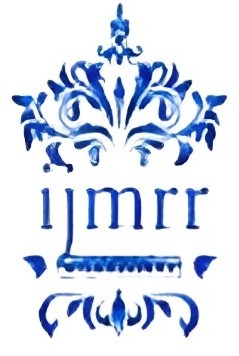Applying Machine Learning Algorithms for the Classification of Sleep Disorders
Keywords:
Machine Learning , Sleep Disorder , RecommendationAbstract
Sleep disorders significantly impact overall health and well-being, necessitating accurate identification and classification for timely intervention. This study applies various machine learning algorithms, including Random Forest, Decision Tree, Support Vector Machine (SVM), K-Nearest Neighbor (KNN), XGBoost, and Artificial Neural Network (ANN), to predict sleep disorders using a dataset sourced from Kaggle. Key attributes analyzed include Gender, Age, Sleep Duration, Sleep Quality, Stress Level, Blood Pressure, and Body Mass Index (BMI). A comparative analysis of algorithmic performance reveals that XGBoost achieves the highest accuracy of 90.66%, outperforming other methods. The best-performing algorithm is further utilized to predict sleep disorders, offering a robust framework for diagnosis and potential treatment recommendations.











